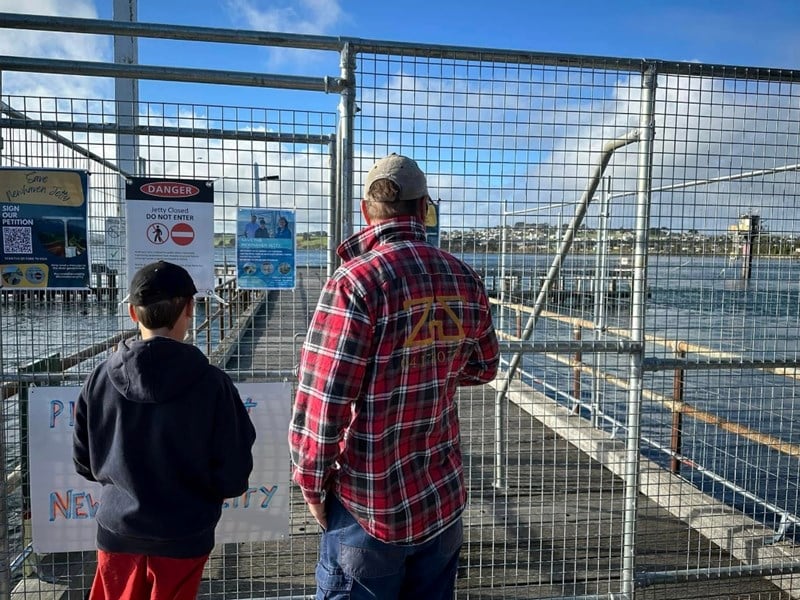- Home /
- News /
- General news
Community helps set parliamentary agenda
29 April 2025

During recent sitting weeks, community voices have been heard across multiple issues, thanks to petitions debated in the Legislative Council.
Residential planning zones, the Newhaven Jetty, and the Victorian corrections system have all been discussed by MPs after petitions on those issues gathered enough signatures to bring on a Wednesday evening debate.
Countering perceptions that citizens may often be closed off to the political process, petitions act as a way of increasing public access by providing Victorians with an opportunity to influence the parliamentary agenda.
Changes to the rules for petitions to the Legislative Council introduced at the start of the current parliament mean that a debate can be triggered when a paper petition gathers more than 2,000 signatures or when an e-petition, or combination of e-petition and paper petition, collects more than 10,000 signatures.
Introducing a petition in early March, Member for the Southern Metropolitan Region, David Davis, voiced community concerns over the residential planning system in the state.
With over 4,000 hard copy signatures, the petition called for local governments to have a greater say in the residential planning system, to ensure that community voices are reflected in planning decisions.
'We want a proper planning system where councils that are elected by our communities are in charge,' Mr Davis said when speaking about the petition.
In response, Ryan Batchelor, also a Member for the Southern Metropolitan Region, noted that there have been more than 10,000 consultations, submissions and engagements with members of the community in relation to 10 pilot activity centres since they were first announced by the government in October 2023.
‘Here we are 16 months later continuing that conversation,’ he said. ‘But the fundamental point is that we need more homes here in Victoria because we need places for our family members to live. That is the fundamental issue.’
Member for the Western Metropolitan Region, David Ettershank, encouraged more community collaboration on this issue.
'Bring locals along; listen to locals and listen to their local councils and planners, and you will build great places and great communities,' he said.
Another recent petition debated in the Council outlined the community's desire for information regarding the current condition of the Newhaven Jetty.
The petition, which gathered over 2,400 hardcopy signatures and more than 1,000 online, came after the jetty in Phillip Island was closed following government inspection in May last year.
'Local communities were dismayed beyond belief, frustrated and angry when on 21 May last year the entire Newhaven Jetty was barricaded off,' said Eastern Victoria MP, Melina Bath.
'It is a mecca for anglers, tourists and those wishing to be out in nature to grab a fantastic photo that they can cherish with their families. It is magnificent scenery.'

The petition called for increased transparency from the government, as locals felt left in the dark regarding the jetty’s funding and redevelopment.
'The petition is about requesting the government provide funding to reopen that jetty and provide a timeline for the community,' Ms Bath said.
She strongly urged the government to act.
'This government absolutely must take this petition, understand the community sentiment and work with this community to find a way to open that jetty.'
Another petition debated earlier in the year focused on the state’s corrections system.
Introduced by the Member for Eastern Victoria, Renee Heath, the hardcopy petition was signed by more than 6,500 Victorians and called for the government to review the system of emergency management days for prisoners. Those days are a mechanism that leads to a reduction in a prisoner's sentence when they face disruptions to their regular entitlements.
When discussing the petition, Ms Heath noted that watching the debate from the public gallery were victims of crime who were the 'reason this petition came into being'.
Under the Council’s rules, the government is required to respond to petitions in writing within 30 days. Responses are tabled in parliament and available on the petitions webpage.